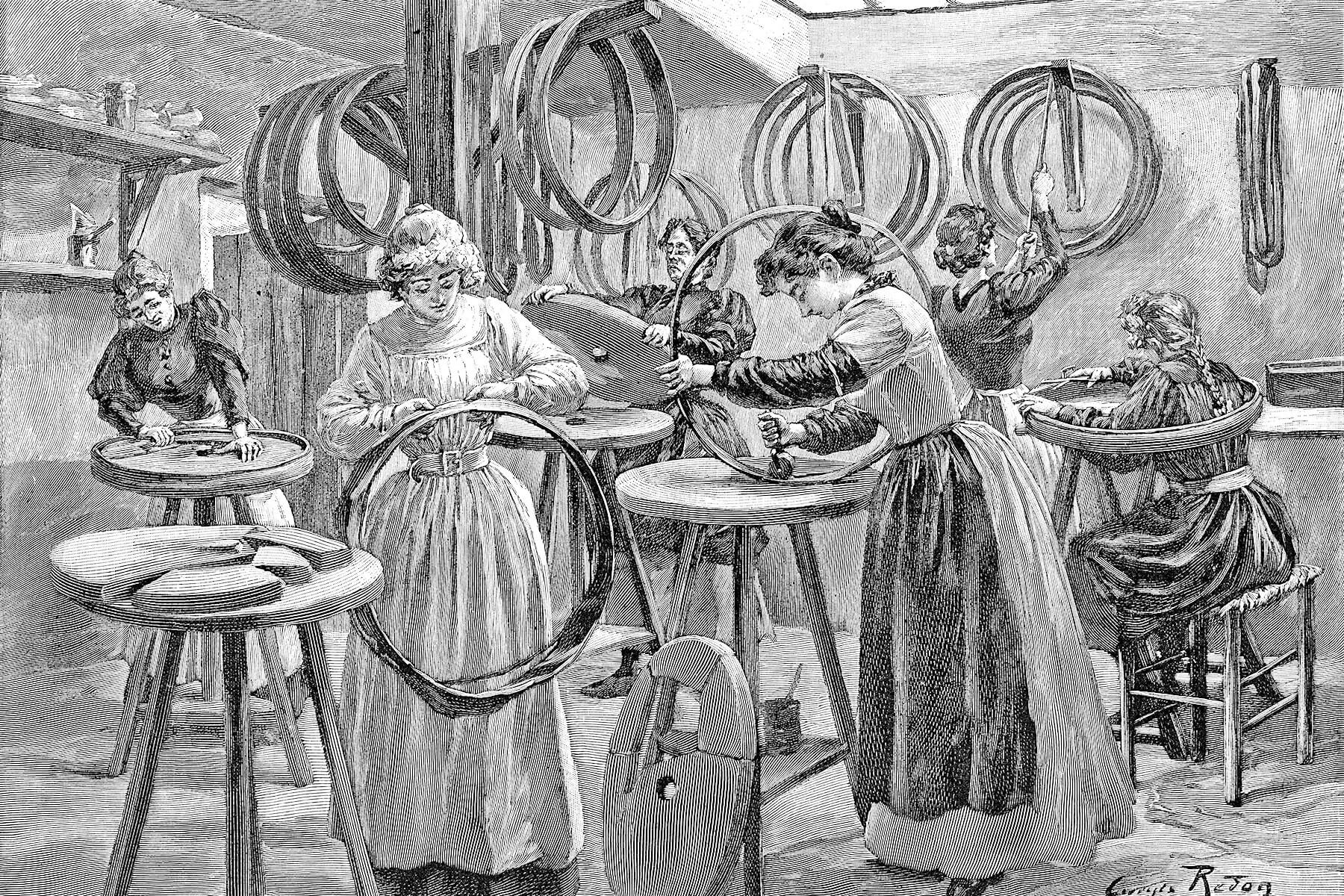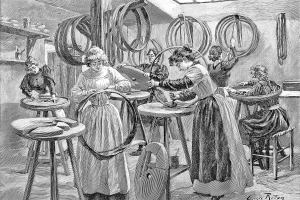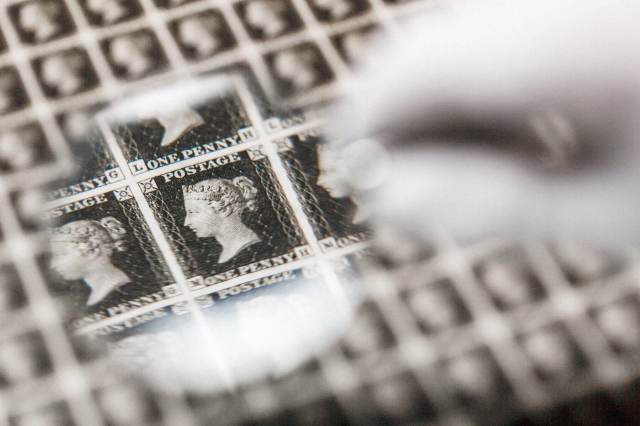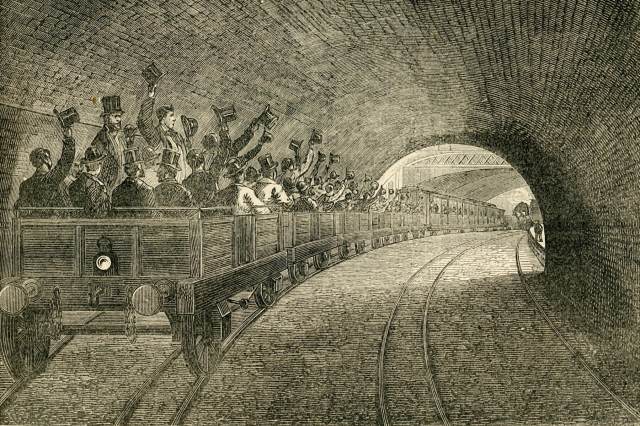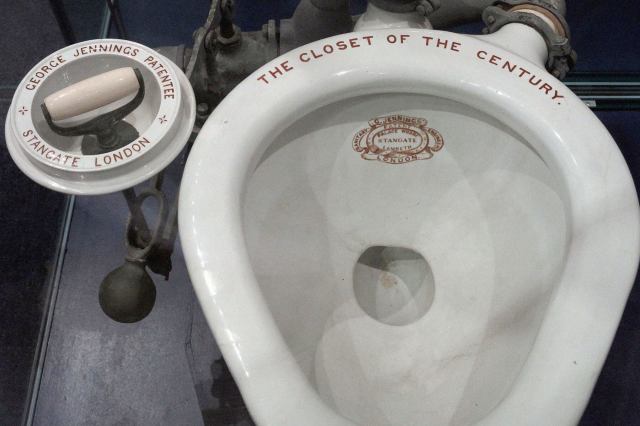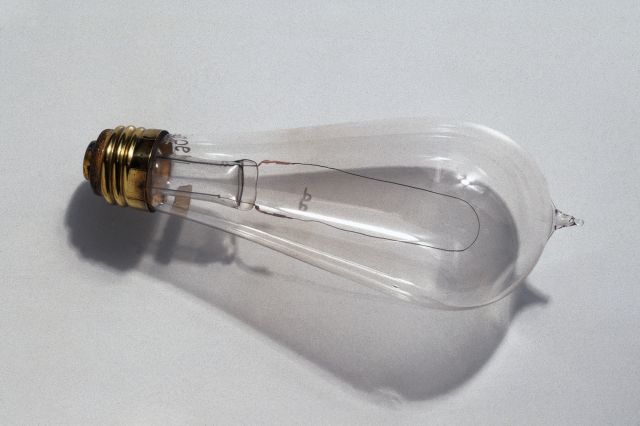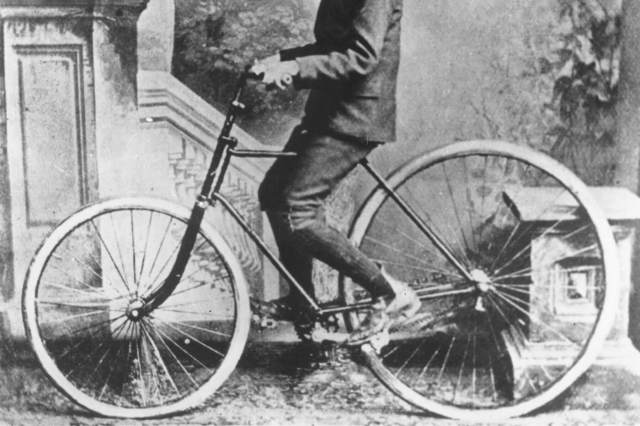6 Inventions That Came Out of the Victorian Era
Queen Victoria ruled Britain from 1837 until her death in 1901. Her reign of 63 years and 216 days was longer than that of any of her predecessors, and was exceeded only by Elizabeth II’s time on the throne. This period, known as the Victorian era, saw the British Empire expand to become the first global industrial power.
Fueled by the industrial revolution that began the previous century — which reshaped almost every existing sector of human activity — the era saw many breakthroughs in the arts and sciences (perhaps most notably, Charles Darwin’s theory of evolution) as well as great social change and political reforms. And, as people from the countryside began to move to urban industrial hubs in search of work, there was a rise in both education and affluence, further driving the wave of ideas and innovation.
Victorian-era Brits were avid inventors, and many of the creations from this time had a major impact not only in Britain but across the globe. That’s not to say that all Victorian innovations were a hit. The hat cigar holder, ventilating top hat, anti-garroting cravat, reversible trousers, and “corset with expansible busts” all rank among the less successful ideas. These failures, however, were far outweighed by the era’s many influential developments, some of which laid the foundation for our modern age, and are still used every day. Here are some of the greatest innovations of the Victorian era, from the telephone to the electric light bulb.
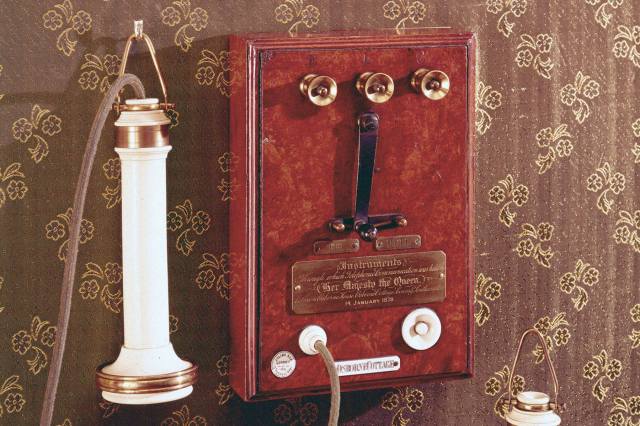
Telephone
Scottish-born inventor Alexander Graham Bell is considered the father of the telephone, but a degree of controversy remains over who exactly invented the world-changing device. The American electrical engineer Elisha Gray filed a patent on the exact same day as Bell, in Washington, D.C., on February 14, 1876. We’ll never quite know how things played out in the patent office, but Bell’s documents were filed first, and he was awarded the patent on March 7. A few days later, he made the first-ever telephone call. He called his assistant, Thomas Watson, with the now-famous words, “Mr. Watson, come here. I want you.”
Bell, who had lived in Boston since 1871, was keen to introduce his invention to Britain, where, as a young man, he had received an expansive Victorian education in Scotland and London, and where he first began his experiments in sound. In August 1877, he toured Britain with his wife Mabel (it was supposed to be their honeymoon), promoting his invention as he went. He even demonstrated the newly invented telephone to Queen Victoria herself, who was so impressed she asked to keep the temporary installation in place.





